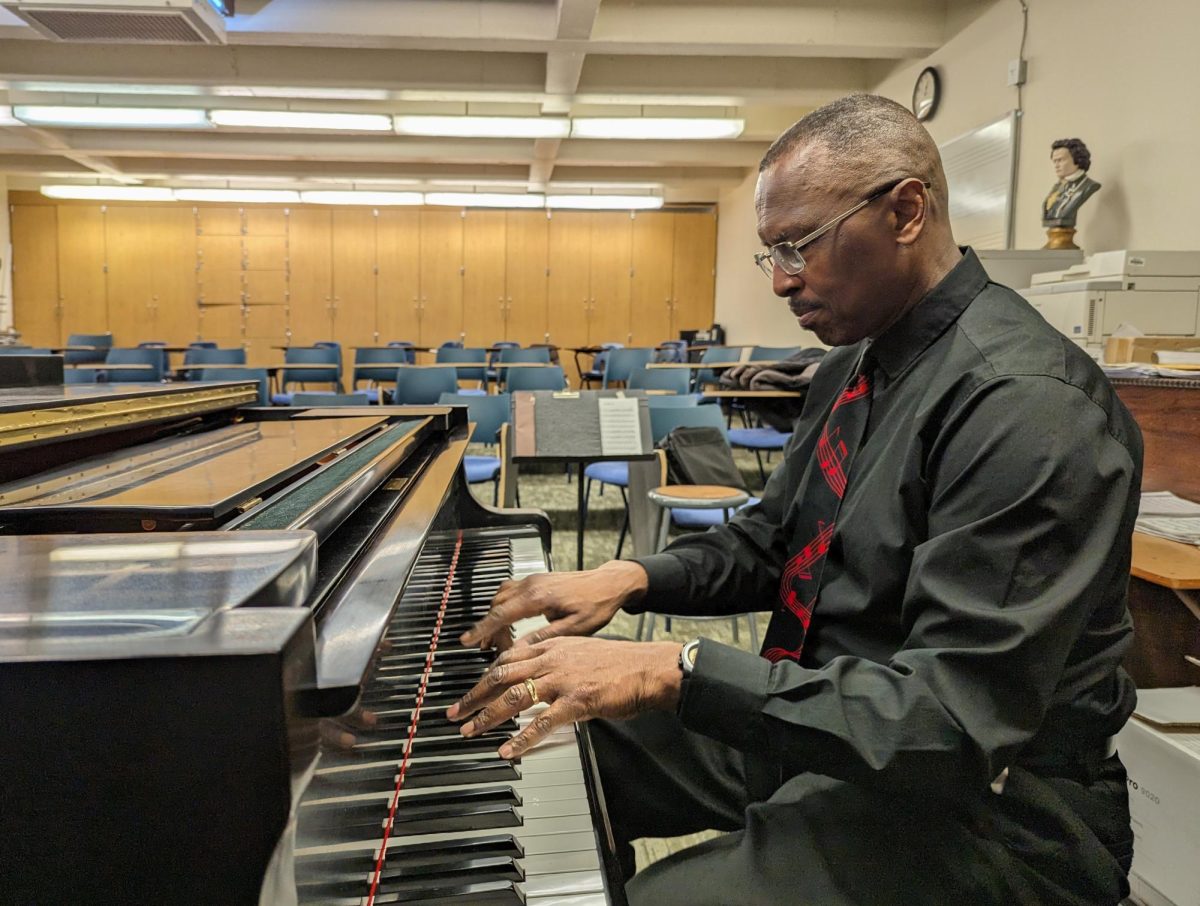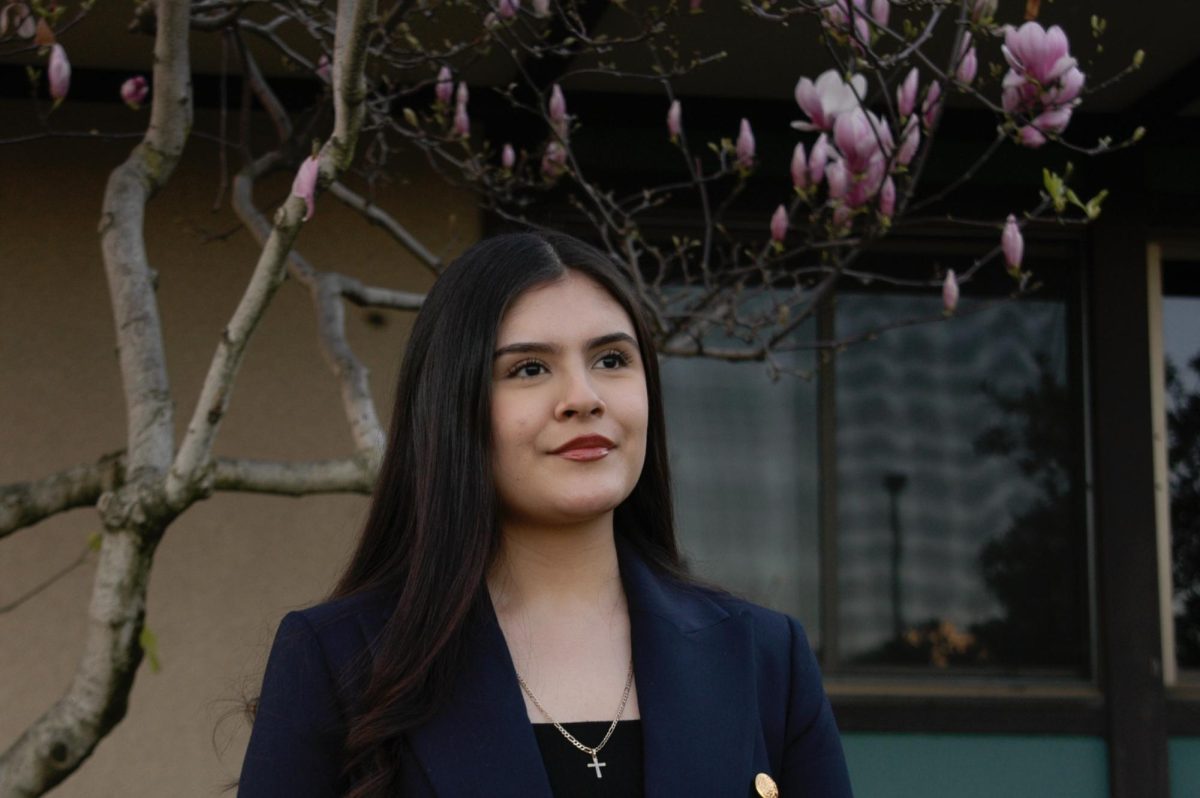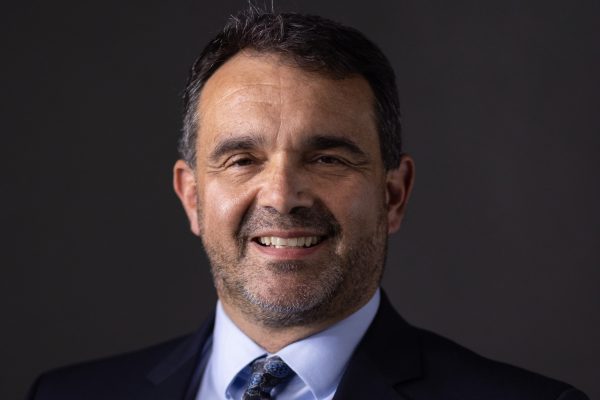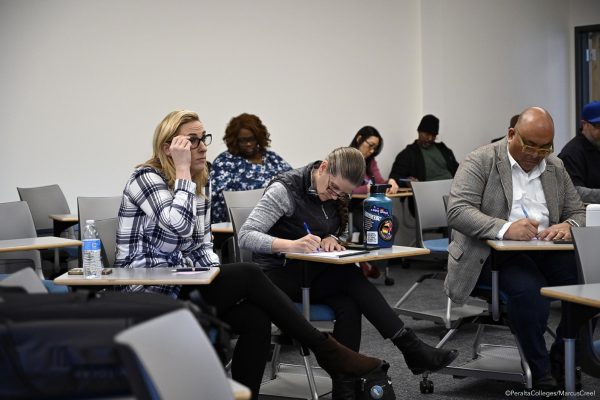A deeper look at the PCCD’s struggle to repair its broken emergency phones
By Saskia Hatvany
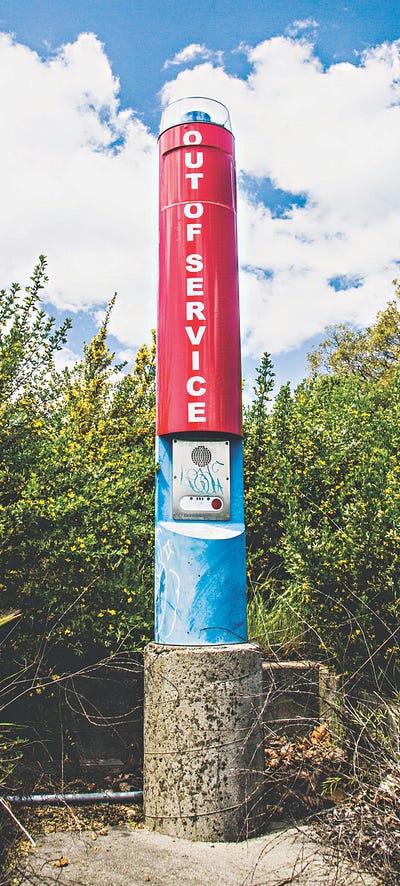

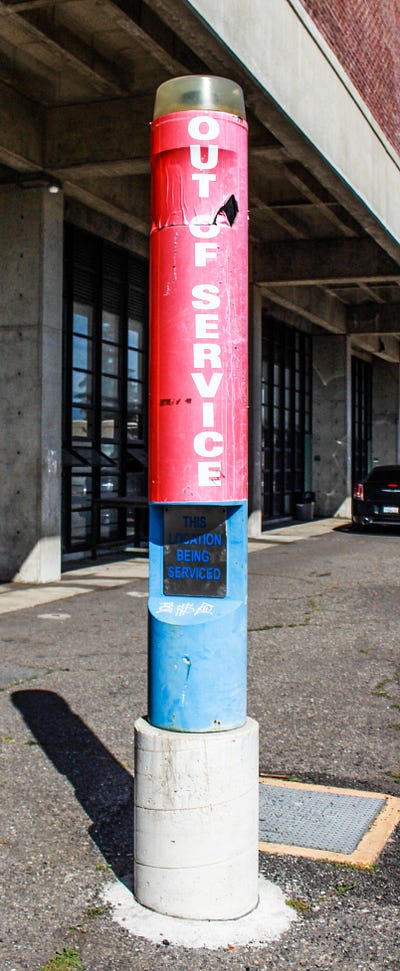
Although there has been a longstanding struggle to maintain the facilities at the Peralta Colleges, 80 percent of the “Code Blue” emergency phones have fallen into disrepair.
Sergeant Rene S. Basilio of Peralta Police Services has been an advocate for the replacement of the systems.
“I don’t think we should rely on cell phones because they can be stolen or run out of battery during an emergency,” he said.
The analog phones were installed over 25 years ago by Johnson Controls. But when PCCD Vice Chancellor Sadiq Ikharo began working for the Peralta Colleges in 2004, the majority of the phones were already failing.
In 2009, the district arranged a bid with the original contractor to refurbish the phones at College of Alameda, Merritt and Laney.
The phones were fixed the following year but shortly afterwards, they began to fail once again, Ikharo said.
“Last year, Ferrilli’s relationship with the Peralta District raised eyebrows.”
The district made clear in early documents that it considers emergency communications “vital” for a safe environment at all campuses, a belief which prompted the PCCD to seek out an entirely new system. In 2015, the district hired the consultant company Security by Design (SBD) to conduct a survey and draw up plans for new systems.
Three years later, the project has swallowed up $188,510, of which $116,095 is over the amount initially budgeted by the district.
According to Ikharo, who has been a key actor in the efforts to repair the emergency phones, the delay happened partly because of new recommendations made by the information technology consultant company Ferrilli Higher Education Technology Consultants, which was hired to conduct a detailed review of the district’s IT systems in 2016.
Chancellor Jowel Laguerre had recommended approval for a Ferrilli Consultant’s survey for an initial contract of $80,000, but the evaluation lasted a year and cost over $800,000 after Ferrilli discovered “significant gaps in the District’s IT security,” according to PCCD Board of Trustees meeting minutes dated March, 2016.
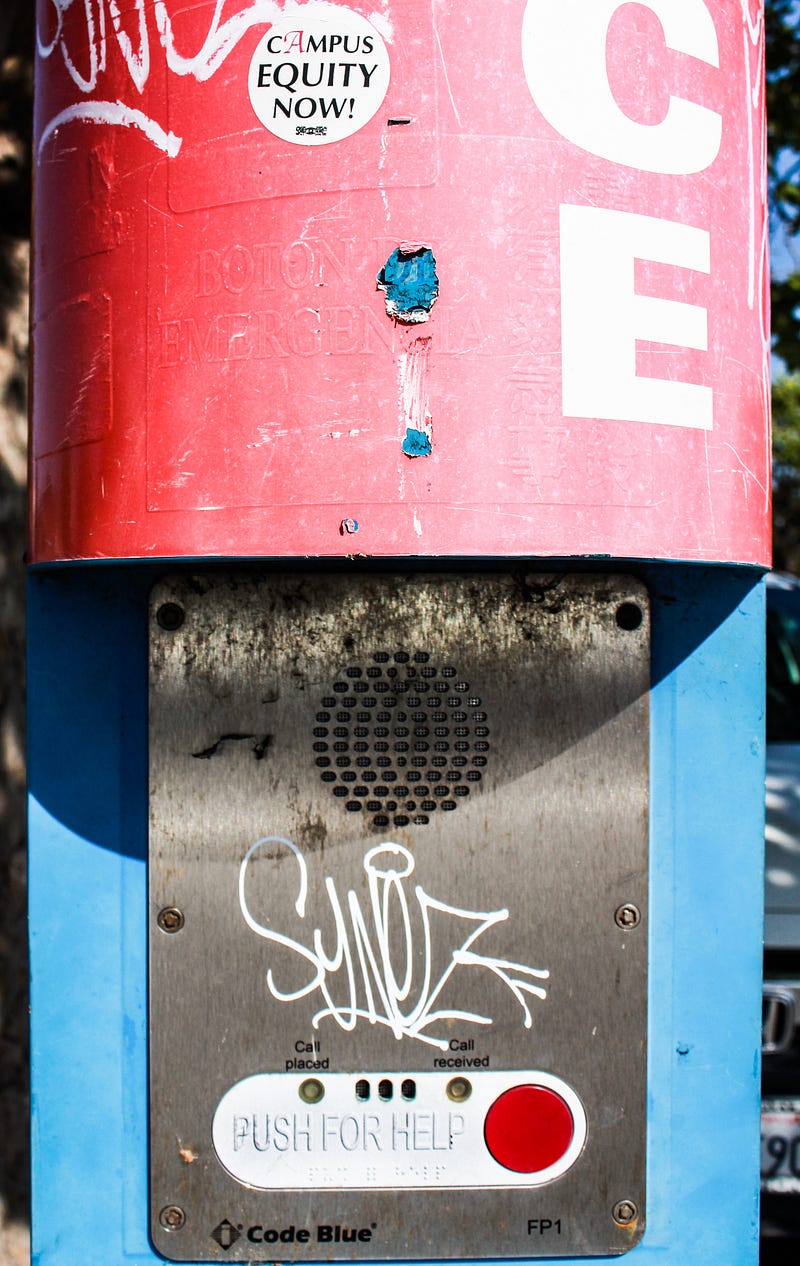
Ferrilli’s recommendations include “a multilayered approach to security on the campuses” by implementing new emergency phones and a mobile phone app that would track the victim’s precise GPS location down to floor numbers on multi-story buildings, and relay it to Peralta Police Services in real time. The app is expected to be part of phase II of the Emergency Code Blue Phone renovations, which will happen only “when additional funding is available,” Ikharo said.
Ferrilli also suggested that simply replacing the phones where they are now would not be sufficient and that the placement of the phones should be reviewed entirely, especially at Merritt, where there is poor cell service.
Ferrilli’s report and a $1.2 million budget restriction sent Security By Design back to the drawing board. A SBD representative said that the bids should have been completed two years ago, and confirmed that its initial $39,550 survey was rendered “almost” useless by the Ferrilli review, thus resulting in the need for a revision of the entire project, which would cost an additional $116,095.
“Four years of missing state contributions have lengthened the list of repairs needed.”
In 2017, Ferrilli’s relationship with PCCD raised eyebrows after an East Bay Times article disclosed that the company received over $800,000 without undergoing a bidding process and approval from the PCCD Board of Trustees.
California state law requires competitive bidding for public contracts exceeding $86,000 unless there is an emergency declaration. According to the East Bay Times, trustees never formally declared a state of emergency, and that Chancellor Laguerre claimed there was no time to bid because security flaws found by Ferrilli constituted an emergency in need of immediate attention.
Although the funds for the phone systems are likely to continue to be supplied by Measure A bonds (a $390 million dollar bond issue approved by citizen voters of the Peralta College district in 2006), it’s fair to acknowledge that a lack of state funding restricts the ability for the district to distribute adequate funds where needed.
For four years, Peralta received no scheduled maintenance funding.
“[Funding is] supposed to be annual. But between 2008 and 2012, there was none, because the state economy was in the tank,” Ikharo said, adding that this is an issue for community colleges across the state.
The state has begun to provide “one-time scheduled maintenance funds,” which are allocated based on enrollment. However, half of those funds must be allocated to classroom equipment, and the four years of missing state contributions have lengthened the list of repairs needed, from leaks in Laney buildings, to potholes, to emergency phones.

The initial bid to replace all 74 phones across all campuses would have cost $4 million, but with a budget of only $1.2 million to contribute, the district is forced to be selective. Ikharo explained that based on crime statistics, the Laney and Merritt campuses would be prioritized in phase I of reinstallation.
Ikharo added that of the 24 phones at Laney College, the district can afford to replace 17, and expects to be able to cover most Merritt campus phones. This first phase also includes supplying monitoring headgear for to the Peralta Police Services. The Board of Trustees has voted in favor of the contract. If the agreement is signed by May 2018, phones are guaranteed to be installed by Spring 2019 by contracting company Ojo Technology, said Ikharo.
In a difficult situation where adequate funding is not always available to those who write the future of our community colleges, it’s easy to point fingers at those who hold the pen. With the best efforts of the Peralta community and administration, it remains to be seen what can be done to continually improve safety on campus.
Saskia Hatvany is a writer and photographer for the Laney Tower







